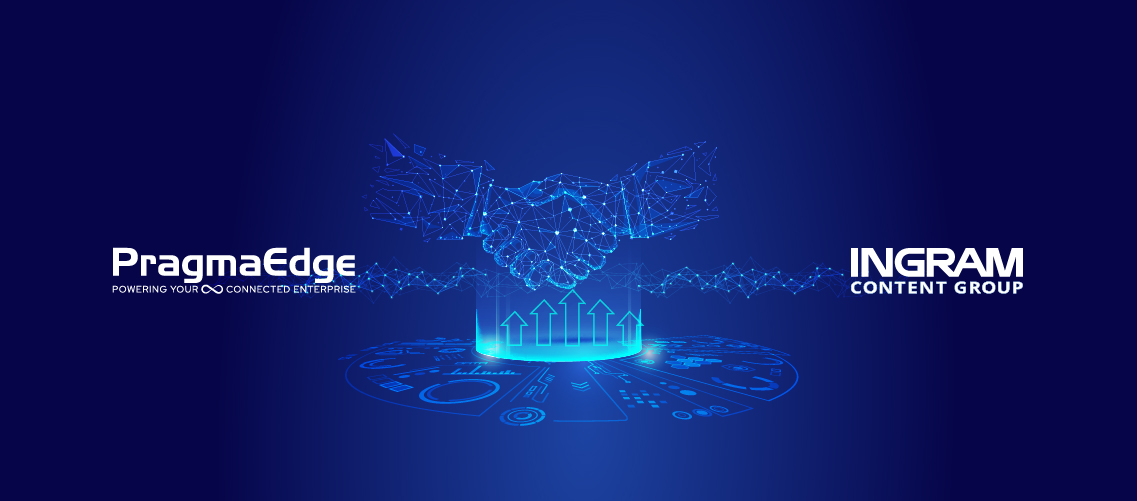
AI Visual Inspection in Manufacturing | IBM Maximo Visual Inspection for Quality Automation
From Visual Data to Intelligent Decisions: How AI-Powered Visual Inspection
In the rapidly changing world of financial services, automating and simplifying processes like loan origination can greatly boost operational efficiency, minimize human errors, and enhance decision-making. By utilizing AI-powered solutions, organizations can stay competitive, process applications more quickly, and provide more tailored services to customers.
In a recent exploration, we had the opportunity to work on automating the loan origination process using Camunda 8 and Agentic AI, comparing two distinct AI architectures: Amazon Bedrock and self-hosted Llama & Mistral via Docker.
This article dives into how these architectures can be integrated into loan origination workflows, discussing their benefits, trade-offs, and real-world impact.
Loan origination is a complex, multi-step process involving various stages such as initial screening, Know Your Customer (KYC) verification, risk assessment, document verification, underwriting, and loan disbursal. Traditionally, these processes have relied on manual intervention, which not only increases the potential for errors but also slows down the decision-making process.
Automating these workflows offers several benefits, such as faster processing times, improved accuracy, and enhanced scalability. However, integrating AI into these workflows can be challenging.
The key questions businesses face include:
In this context, we explored two AI architectures to address these questions: Amazon Bedrock and self-hosted Llama & Mistral.
Amazon Bedrock provides a fully managed service for integrating generative AI models, making it a convenient and scalable option for businesses looking to quickly experiment with a variety of foundational models.
In this version, Amazon Bedrock powered several key aspects of the loan origination process:
The strength of Amazon Bedrock lies in its rapid setup, ease of experimentation, and seamless scalability. By leveraging Bedrock-hosted models, we could quickly test different foundation models, iterating and fine-tuning the solution without worrying about infrastructure management.
While Amazon Bedrock offers convenience and scalability, some organizations require more control over their AI workflows, particularly in regulated environments where data privacy is paramount. For this reason, the second version of the solution involved using self-hosted models like Llama and Mistral via Docker.
Key Advantages of Self-Hosted Approach
Use Cases Best Suited for Self-Hosted

This approach provided several distinct advantages:
Across both versions, the following core features were implemented to automate and optimize the loan origination process:

The integration of AI in loan origination yields several tangible benefits:
Organizations that adopt AI for automating loan origination processes gain a significant competitive advantage. AI enables businesses to:
AI-driven automation is revolutionizing loan origination, offering a path to faster, more efficient, and more accurate decision-making. By exploring the integration of two different AI architectures — Amazon Bedrock and self-hosted LLaMA & Mistral models — businesses can determine the best fit for their needs, balancing scalability, cost, compliance, and control.
The trade-offs between using managed cloud services like Amazon Bedrock and self-hosting AI models on-premises highlight the importance of aligning technology choices with organizational requirements. For companies operating in highly regulated environments, the ability to maintain full control over AI execution, as demonstrated in the self-hosted solution, can offer crucial advantages in terms of compliance and data privacy. On the other hand, the scalability and rapid deployment of managed services like Amazon Bedrock enable faster experimentation and reduced maintenance overhead.
Ultimately, AI-powered workflows in loan origination provide financial institutions with the opportunity to optimize decision-making, improve customer experiences, and drive operational efficiencies. As this technology continues to evolve, companies that embrace AI integration into their processes will be positioned to lead in the competitive financial services market.
For more details, email us at sales@pragmaedge.com or contact us for more information
Browse Categories
Share Blog Post
Installing IBM Maximo APM - Asset Health Insights
IBM Maximo Application Suite Overview

From Visual Data to Intelligent Decisions: How AI-Powered Visual Inspection

IBM watsonx for Enterprise Asset Management: Leveraging AI to Boost

Building a Connected Enterprise for Ingram Content Group What Our
| Cookie | Duration | Description |
|---|---|---|
| cookielawinfo-checkbox-analytics | 11 months | This cookie is set by GDPR Cookie Consent plugin. The cookie is used to store the user consent for the cookies in the category "Analytics". |
| cookielawinfo-checkbox-functional | 11 months | The cookie is set by GDPR cookie consent to record the user consent for the cookies in the category "Functional". |
| cookielawinfo-checkbox-necessary | 11 months | This cookie is set by GDPR Cookie Consent plugin. The cookies is used to store the user consent for the cookies in the category "Necessary". |
| cookielawinfo-checkbox-others | 11 months | This cookie is set by GDPR Cookie Consent plugin. The cookie is used to store the user consent for the cookies in the category "Other. |
| cookielawinfo-checkbox-performance | 11 months | This cookie is set by GDPR Cookie Consent plugin. The cookie is used to store the user consent for the cookies in the category "Performance". |
| viewed_cookie_policy | 11 months | The cookie is set by the GDPR Cookie Consent plugin and is used to store whether or not user has consented to the use of cookies. It does not store any personal data. |
Thank you for submitting your details.
For more information, Download the PDF.
Thank you for registering for the conference ! Our team will confirm your registration shortly.
Invite and share the event with your colleagues
IBM Partner Engagement Manager Standard is the right solution
addressing the following business challenges
IBM Partner Engagement Manager Standard is the right solution
addressing the following business challenges
IBM Partner Engagement Manager Standard is the right solution
addressing the following business challenges